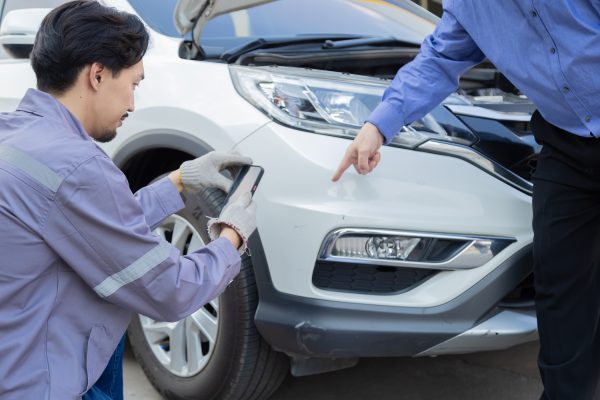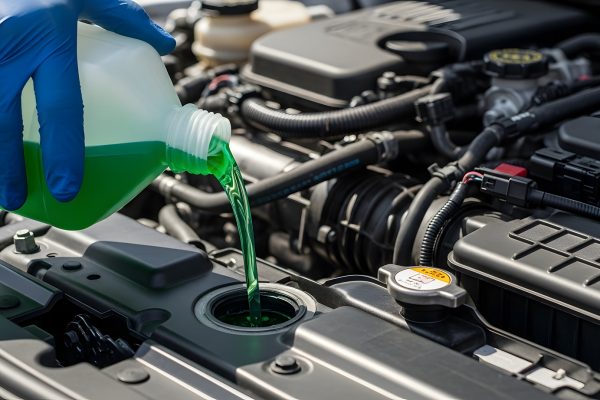Most people know this to be the year of the Battle of Hastings and the Norman Conquest; little could the chainmail clad, sword wielding Norman invaders have realised that the language they brought with them might one day help a humble motor trader in 21st Century Oldham.
As it is, an unpaid mechanic/garage may have the right to keep a customer’s vehicle until payment is made for the cost of any repairs and servicing – this is known as a ‘lien’.
The Anglo-French term lien, derives from the French word loyen meaning “bond” or “restraint”, and from the Latin ligamen, from ligare being “to bind”.
A lien refers to a very specific type of security interest, being a passive right to retain a vehicle until the debt or other obligation is discharged. It is a purely possessory form of security interest; indeed, when possession of the vehicle is lost, the lien is released.
There is no power of sale which arises at common law under the lien. A trader may usually only sell on a vehicle over which a lien has been exercised in order to recoup any outstanding costs after giving proper notice to the owner under the Torts (Interference with Goods) Act.
Should you have any queries as to your entitlement to exercise a lien or sell a customer’s vehicle under the provisions of the said Act then please contact Lawgistics.

Our dealers use us to help them be more Efficient and Profitable!
You can use our Dealer and Lead Management software to integrate all dealership departments, both online and physical ; providing all in-house functions; Invoicing, Stock Management, Accounting and Marketing as well as interfacing for advertising, ecommerce and more.







